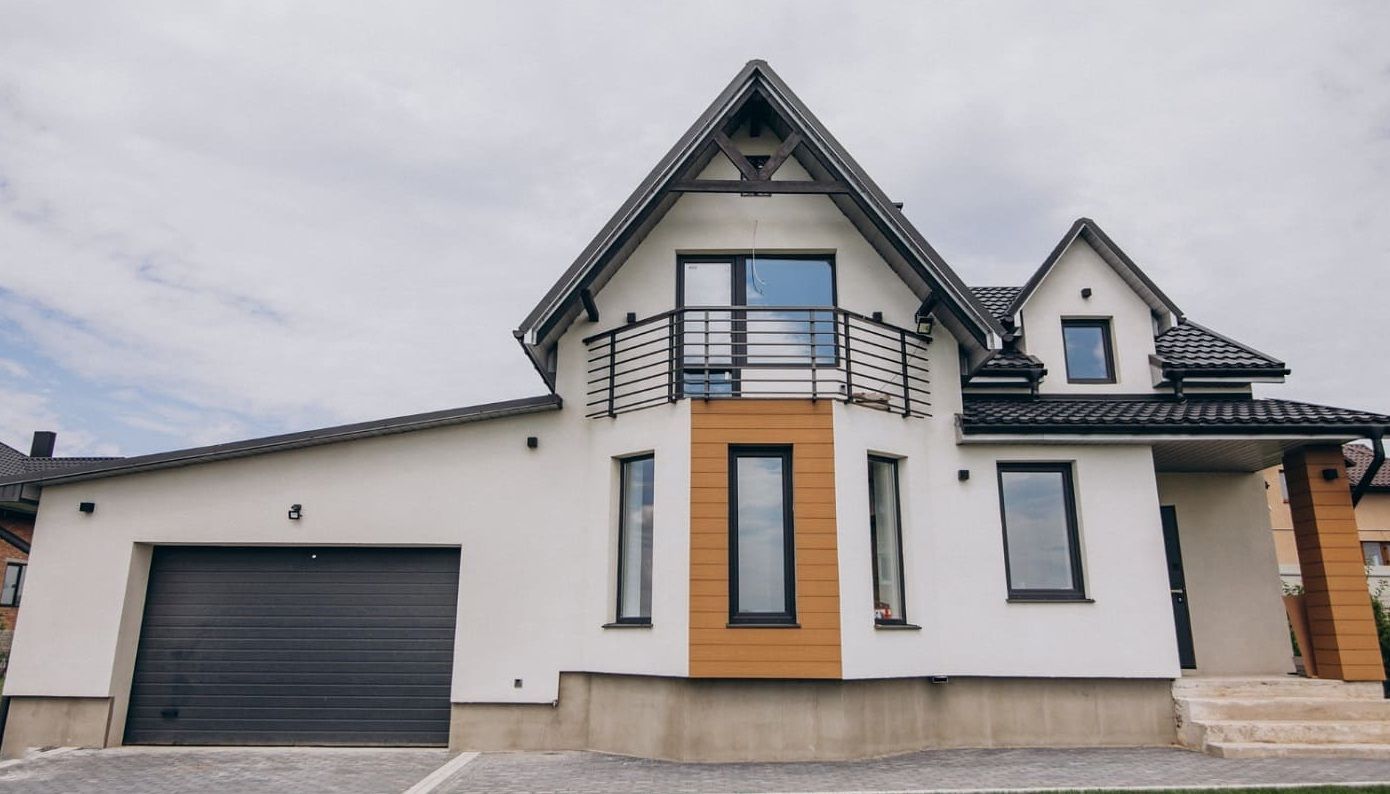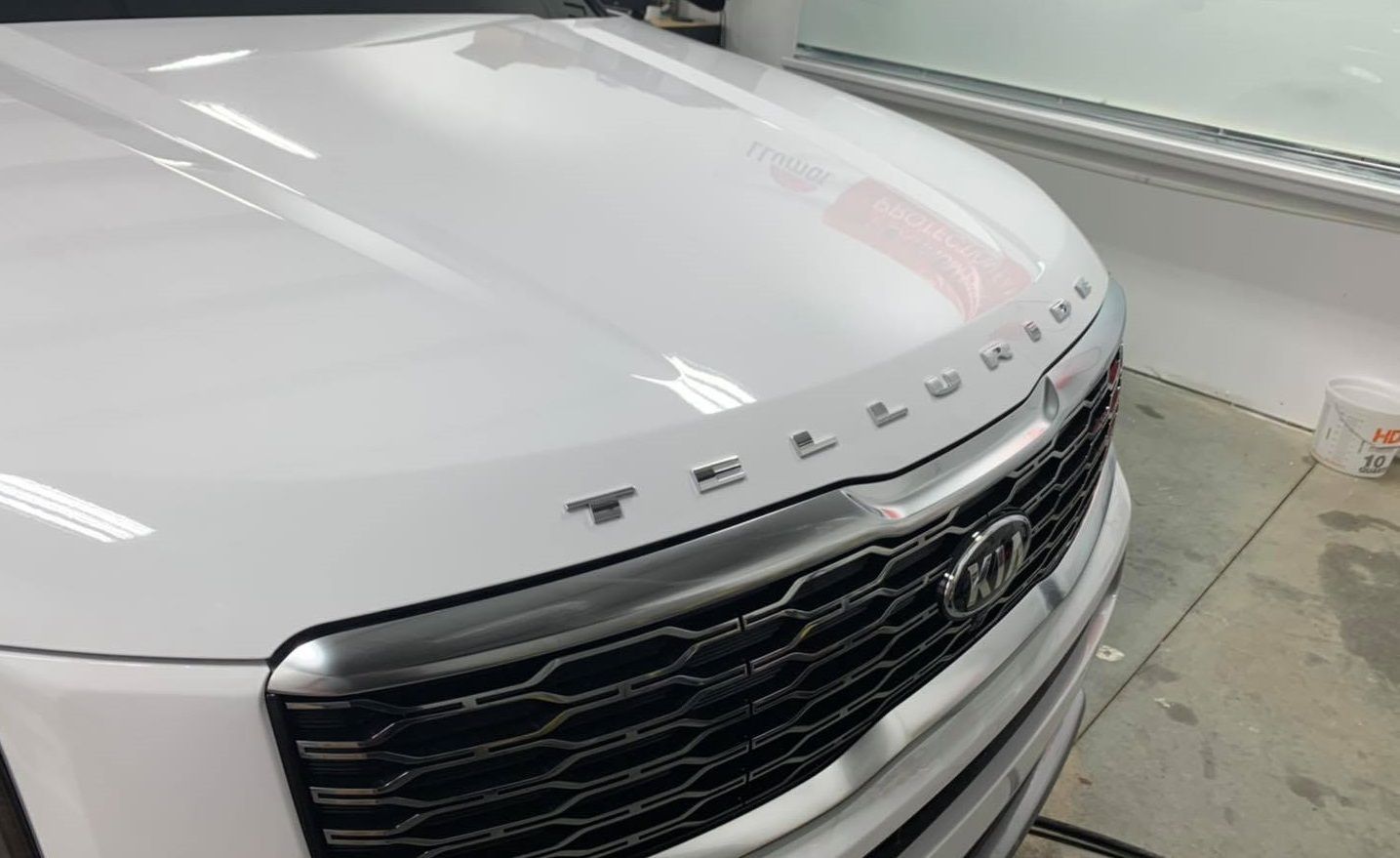Benefits of Installing Residential Window Tinting
Residential window tinting is more than just a design choice.
It's a practical home improvement that offers a range of benefits.
From UV protection to energy efficiency, window tinting can enhance your home's comfort and value.
But what exactly is residential window tinting? How does it work, and what are its key advantages?
In this article, we'll explore these questions and more. We'll delve into the world of window films, their types, and their benefits.
Whether you're in sunny Tennessee or elsewhere, this guide will help you understand why residential window tinting could be a smart choice for your home.

Understanding Residential Window Tinting
Residential window tinting involves applying a thin film to your home's windows.
This film can be applied to either the interior or exterior of the glass.
The primary purpose of window tinting is to control the amount of sunlight that enters your home.
By doing so, it offers a range of benefits, from UV protection to energy efficiency.
The Top Benefits of Residential Window Tinting
Residential window tinting offers a host of benefits.
These advantages range from health protection to energy savings.
Here are the top benefits of installing window tinting in your home:
- UV Protection and Skin Health
- Energy Efficiency and Cost Savings
- Enhanced Privacy Without Sacrificing Light
- Furniture and Interior Protection
- Safety and Security Features
UV Protection and Skin Health
One of the key benefits of window tinting is UV protection.
Window films can block up to 99% of harmful UV rays.
This protection helps prevent skin cancer and premature aging.
Energy Efficiency and Cost Savings
Window tinting can significantly improve your home's energy efficiency.
It can lower cooling costs by up to 30% in the summer.
In winter, window films can retain heat, reducing heating costs.
Enhanced Privacy Without Sacrificing Light
Window tinting enhances privacy without blocking light.
Some tints allow light in but keep prying eyes out.
Others can provide a one-way mirror effect for additional privacy.
Furniture and Interior Protection
Window tinting can protect your furniture, flooring, and artwork.
It prevents them from fading due to sun exposure.
This protection extends the lifespan of your interior items.
Safety and Security Features
Window tinting can also enhance the safety and security of your home.
Some films can prevent windows from shattering upon impact.
This feature can protect your home from break-ins and accidents.

Choosing the Right Window Film for Your Home
Choosing the right window film is crucial.
The choice depends on your specific needs and preferences.
Consider factors like UV protection, energy efficiency, and privacy.
Also, think about the aesthetic appeal and the architectural style of your home.
Types of Window Films
There are different types of window films available.
These include solar, decorative, and security films.
Solar films are great for UV protection and energy efficiency.
Decorative and security films offer privacy and safety features.
Professional Installation vs. DIY
Window tinting can be a DIY project.
However, professional installation ensures longevity and performance.
Professionals can also help you choose the right film.
Remember, the durability of window films can extend to 10 years or more with proper installation and care.
Window Tinting in Tennessee: A Case Study
In Tennessee, residential window tinting is popular.
The state's high heat and humidity levels make it a necessity.
Tinted windows help keep homes cool and reduce energy costs.
They also protect interiors from sun damage.
Maintenance and Longevity of Tinted Windows
Tinted windows require simple upkeep. Basic cleaning with non-abrasive materials keeps them in good shape.
With proper care, the durability of window films can extend to 10 years or more. This makes them a long-term investment for homeowners.
Legal Considerations and Compliance
Window tinting regulations vary by location. It's important for homeowners to check local laws before installation.
Some homeowners associations (HOAs) may also have guidelines on window tinting. Reviewing these before installation is crucial to avoid any issues.
Conclusion: Is Residential Window Tinting Right for You?
Residential window tinting offers numerous benefits. From UV protection and energy efficiency to enhanced privacy and interior protection, it's a worthy investment.
Consider your home's needs, local climate, and personal preferences. With the right choice, window tinting can significantly improve your home's comfort and value.
Reach out to Wells Paint Protection and Window Film and Give our professionals a call today to get your free estimate!











